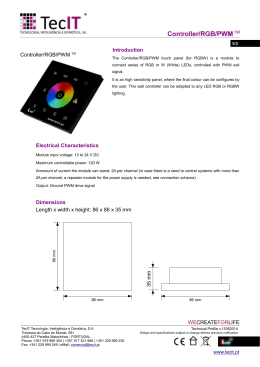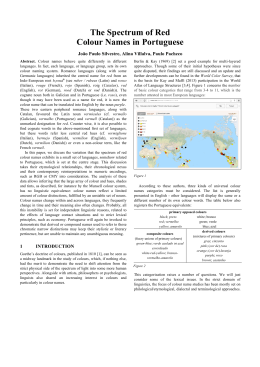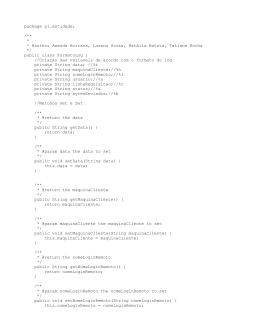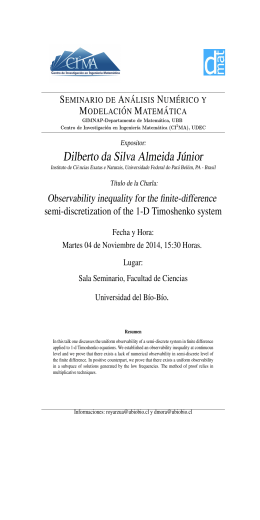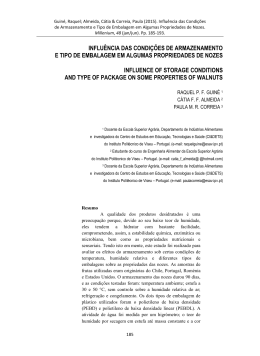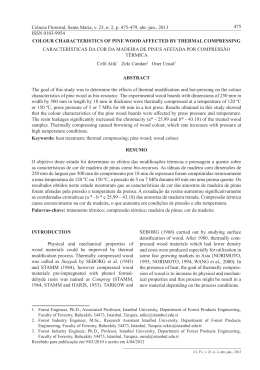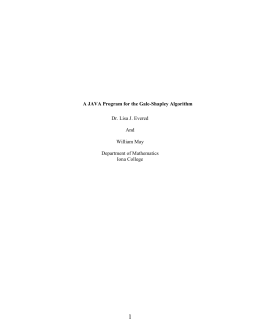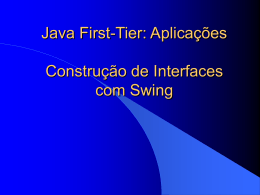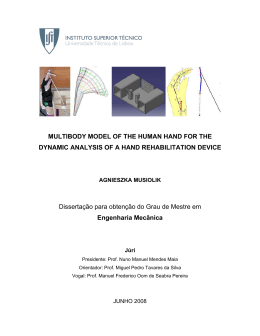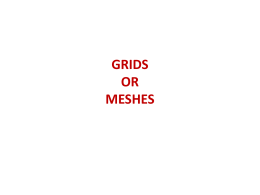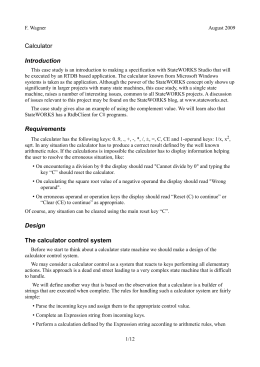AUTOPLOT • AUTOPLOT provides X-Y graphs, made up of straight line segments joining the data points. The data can be manipulated in a number of ways during plotting, specifically by: adding or subtracting a constant multiplying or dividing by a constant raising to a power taking base 10 or natural logarithms constructing new data elements can be constructed by operating on existing elements. • AUTOPLOT can access data from PHOENICS PHIDA and XYZDA files, and also from user-created files. It can plot data from many files simultaneously, allowing easy comparison of PHOENICS results with experimental or analytical results. FILE & DATA Type FILE , followed by the name of the file and its type number. The available numbers are: PLOT FILE TABLE FILE PHIDA XYZDA PHI XYZ DF09 (1) (2) (3) (4) (5) (6) (7) DF12 (8) DA[TA] [n] Creates a new data element by reading data from file number n. Only need to specify n if more than one file attached. Program response depends on file type. If the response is known, it can be specified together with DATA. PLOT & BLB • PL[OT] [i] [j] Plot data elements i - j using a solid line to join the data points. If i & j are unspecified, all data elements in memory but not on the screen will be plotted. • See also HELP on : BLOB, BLB, DOT • BL[B]n [i] [j] • Plots data elements i - j using blobs of type n. If i & j are omitted, all elements in memory but not on the screen will be plotted. 'n' is an integer in the range 1 - 5, as follows: • BLB1 = circle; BLB2 = square; BLB3 = diamond; BLB4 = '+'; BLB5 = 'x'. TEXT • T[EXT] • Allows the user to place labels on the picture. Type in a text string of up to 60 characters, ending with a 'RETURN' to activate the screen cursor. The cursor marks the left-hand end of the text string. When the cursor is in the right position, transfer the text to the screen by pressing one of the following keys : • • • • • • • • • • • 'C' or 'c' to continue with further text; 'D' or 'd' to ignore current text string and continue; 'F' or 'f' to colour-fill to colour specified in text string; 'M' or 'm' to move last text to new position and continue; 'K' or 'k' to switch to KEY input mode; 'P' or 'p' to switch to colour number specified in text string; 'R' or 'r' to replace last text with new text and continue 'S' or 's' to change to text size specified in text string; 'X' or 'x' to ignore current text and exit TEXT mode; 'U' or 'u' to underline current text string and continue; Any other character to exit TEXT mode. CLEAR, REDRAW, DUMP & QUIT • CL[EAR] Clears the screen, deletes all data elements from memory and deletes all text items, levels and keys. • RE[draw].... is a REPLAY command which clears the screen, and redraws the current frame. If NOCLEAR is in effect, then all the frames comprising the current picture will be redrawn. • See also : REPLAY, SCALE, SHIFT, CLEAR, RESET • DU[MP] • Generate a screen dump on a hard-copy device if one is available. This function may not be implemented on all installations. • [Quit] the current AutoPlot session. WORKSHOP - AUTOPLOT • OS GRÁFICOS SERÃO GERADOS A PARTIR DOS EXERCÍCIOS ABAIXO LISTADOS. • POR CONVENIÊNCIA SEGUEM ANEXOS OS ARQUIVOS PHI: • LE#2, EX#2 – Aleta Unidimensional q1 phi • LE#1, EX#2 - Labirinto q1 phi Aleta 1-D -LE#2, EX(2) Uso dos comandos: FILE DATA PLOT Aleta 1-D -LE#2, EX(2) - REDRAW & PLOT Aleta 1-D -LE#2, EX(2) - CLEAR, DATA & BLB Aleta 1-D -LE#2, EX(2) - SCALE Y Aleta 1-D -LE#2, EX(2) - TEXT Aleta 1-D -LE#2, EX(2) - TEXT MOVE Posicione o mouse e clique na posição desejada que o texto se move! Aleta 1-D -LE#2, EX(2) - COLOUR CO[LOUR][h] [i] [j] Data elements i - j will be drawn with colour h, where h is the hexadecimal value of the required colour (ie 0-9,A-F). Colour 0 is the background colour, & colour 1 is the default plotting colour. Colour 2 is dark blue, colour F is full red, and the rest follow the spectrum. Le#1, ex(2) LABIRINTO - domínio 2D múltiplas curvas Planos Y = 2 & 3 Y=3 Y=2
Download
